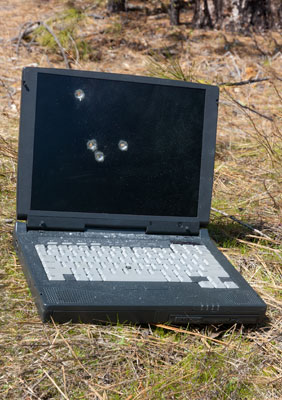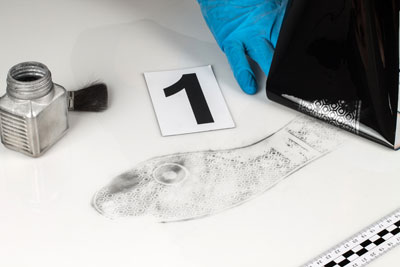By Hayes Hunt and Jeffrey Monhait
 Lawyers must take “appropriate” steps to preserve their clients’ potentially relevant and discoverable social media evidence. That is the key take-away from an ethics opinion recently issued by the Philadelphia Bar Association. However, lawyers may advise a client to restrict access to the client’s social media so long as the attorney neither instructs nor permits the client to permanently destroy that information. An attorney may even instruct a client to delete information from the client’s page if the attorney preserves that information, including meta data.
Lawyers must take “appropriate” steps to preserve their clients’ potentially relevant and discoverable social media evidence. That is the key take-away from an ethics opinion recently issued by the Philadelphia Bar Association. However, lawyers may advise a client to restrict access to the client’s social media so long as the attorney neither instructs nor permits the client to permanently destroy that information. An attorney may even instruct a client to delete information from the client’s page if the attorney preserves that information, including meta data.
You Can Hide, But You Must Preserve
Changing social media settings to “private” merely restricts who may access a web page. The opposing party can still access relevant and discoverable information through discovery or by issuing a subpoena. The committee concluded that this position satisfied Rule 3.4’s prohibition against altering or destroying evidence. As long as the attorney preserves the complete evidentiary record, including meta data, an attorney may advise a client to restrict access to the client’s social media evidence, or remove social media content entirely.
 You “Must” Produce Complete Social Media Content
You “Must” Produce Complete Social Media Content
To comply with discovery requests, a lawyer “must” produce the client’s complete social media content if the attorney is aware of this content’s existence. This duty arises from Rule 4.1, which prohibits attorneys from making “a false statement of material fact or law to a third person,” and Rule 8.4, which prohibits “conduct involving dishonesty, fraud, deceit, or misrepresentation.” A lawyer that purposefully omits portions of social media content, or permits or directs the client to destroy social media content, violates these rules.
Also, a lawyer must take reasonable steps to obtain relevant information from the client when the lawyer “reasonably believes” that the client possesses relevant information, such as photographs, links, or other social media content. Despite being obligated to take reasonable steps, a lawyer need not obtain information that was neither in the client’s possession nor the lawyer’s possession.
Frankly, this isn’t groundbreaking or a new duty, it merely reinforces the need for lawyers to better understand social media for purposes of litigation.

